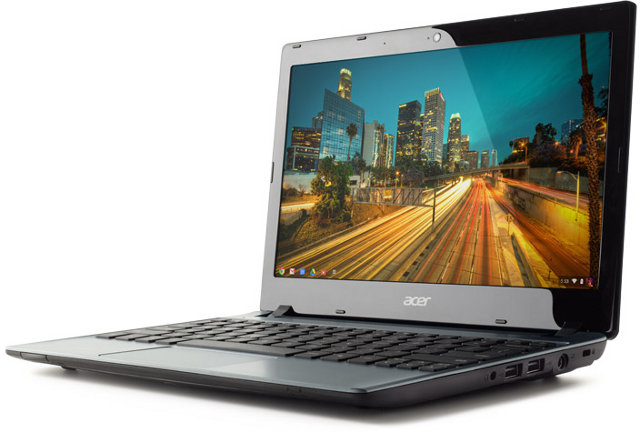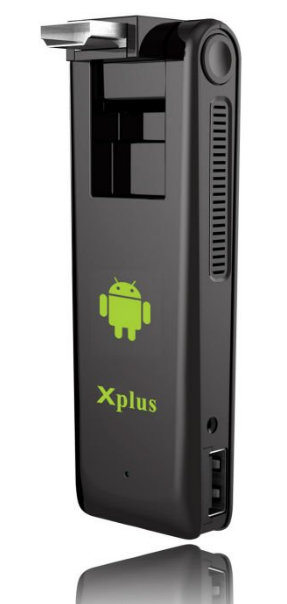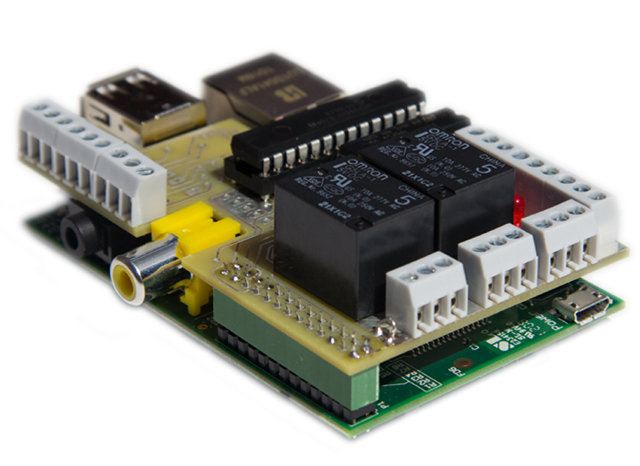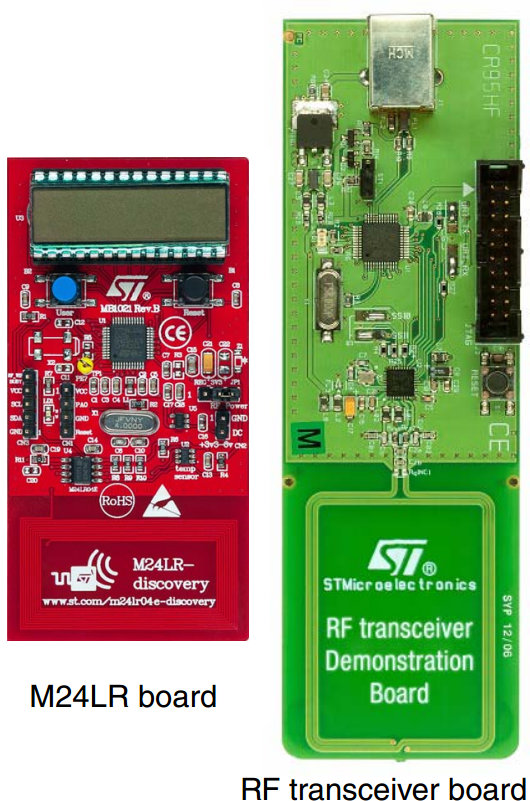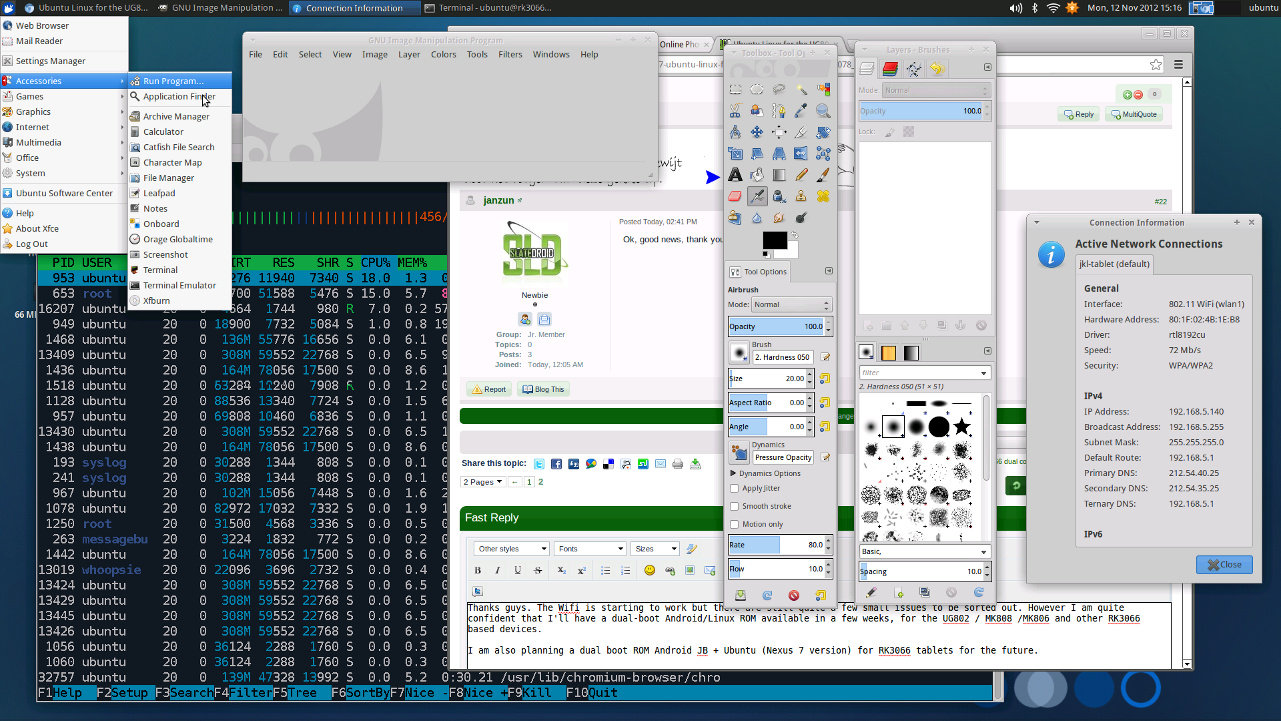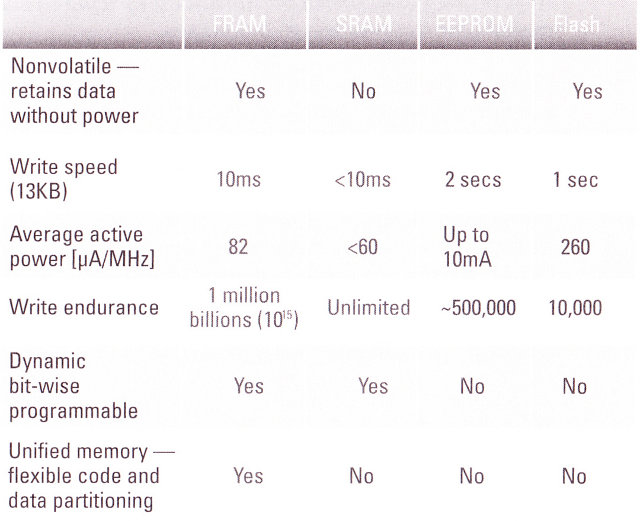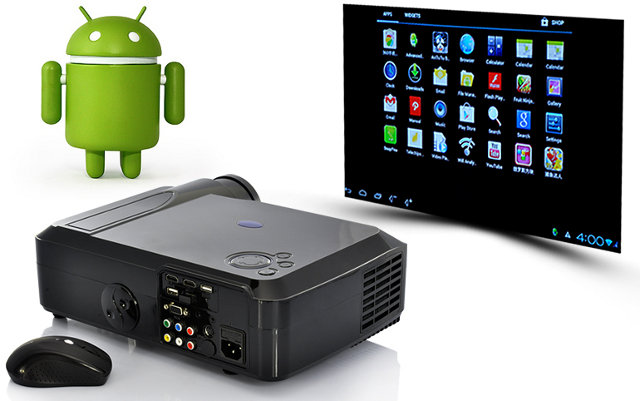After the new (ARM based) Samsung Chromebook released last month, Google announced the Acer C7 Chromebook based on an Intel Celeron processor at a cheaper price ($199 vs $249), but at the cost of shorter battery life and the addition of a fan. Beside the Celeron processor @ 1.1 GHz, the new Acer C7 Chromebook comes with 2 GB RAM, a 320 GB hard drive, features a 11,6″ display, weights 1.3 kg and the 37Wh battery can last for over 3.5 hours. Other features include Wi-Fi, Ethernet, Bluetooth. The Acer Chromebook comes with 3 USB 3.0 ports, HDMI & VGA video outputs, a 2-in-1 card reader, a webcam, built-in stereo speaker and audio jacks for headphones and microphones. Whereas the Exynos 5250 can boot in less than 10 seconds (Thanks partialy to the SSD), the new Acer Chromebook boots up in 18 seconds which is not too bad. Google will […]
Jesurun Xplus H25 Mini PCs with Rotating HDMI Port, DLNA Support
Jesurun Xplus H25 mini PCs are typical Android 4.0 AllWinner A10 and Rockchip RK3066 mini PCs, expect for one slight mechanical difference: The HDMI male port can rotate and possibly allow the mini PC to be inserted directly into the TV in case where other may not. Of course, one option could always be to buy a cheap HDMI rotating adapter or an HDMI cable to connect the device, but I find having this option within the device is neater. Let’s look at the specs of the single core version: SoC – AllWinner A10 with Mali-400 GPU System Memory – 1GB RAM Storage – 4GB NAND Flash + TF card slot USB – 1x USB 2.0 OTGX + 1x USB HOST + 1x mini USB HOST WiFi – 802.11b/g/n Video Container Formats – AVI, MKV, TS, TP, TRP, M2TS, MPG, MP4, M4V, MOV, VOB, MVC(3D) ISO, IFO, DAT, WMV, ASF/RM, […]
£20 PiFace Digital I/O Expansion Board for the Raspberry Pi Board
Elements14 has just announced that it will be the exclusive distributor of the PiFace Digital I/O expansion board for the Raspberry Pi and sell it for 20 GBP. The PiFace Digital board, whose first prototype was unveiled back in May, is an expansion board allows you to interact with the outside world and control and sense physical devices such as lights, motors and sensors like the Gertboard, but has the advantage of fitting neatly on the top the Raspberry Pi, which should allow it to be used with some of the existing Raspberry Pi cases. Detailed technical information is scarce on the Mk2 version of PiFace Digital (the one sold by Elements14), but the board apprars to include 2 relays (which can be disabled by jumper), a buffered I/O interface with 8 inputs and 8 outputs, and buttons & LEDs. If will primarily be an education platform and free educational tools […]
$17.50 STMicroelectronics M24LR Discovery Kit For NFC/RFID Batteryless Applications
STMicroelectronics has announced the M24LR Discovery Kit, a low cost development platform for NFC or RFID applications with energy-harvesting capabilities. This devkit is aimed at accelerating the design and development of batterlyless applications such as phone and tablet accessories, computer peripherals, electronic shelf labels, home appliances, industrial automation, sensing and monitoring systems, and personal healthcare products. The M24LR Discovery Kit consists of two boards: an RF transceiver board with a 13.56MHz multi-protocol RFID/NFC transceiver driven by an STM32 32-bit microcontroller A battery-less board that includes ST’s dual-interface EEPROM memory IC, an ultra-low-power 8-bit microcontroller (STM8L) and a temperature sensor. Here are the key features of the boards: M24LR board M24LR04E-RMN6T/2 Dual Interface EEPROM with I2C and ISO/IEC 15693 RF interfaces, 4 Kbits of EEPROM and password protection in SO8N package STM8L152C6T6 8-bit microcontroller, with 8 Kbytes of Flash memory STTS751-0WB3F, low-voltage digital temperature sensor 20 x 40 mm inductive antenna […]
Preliminary Version of Ubuntu Running on UG802 mini PC (Rockchip RK3066)
Last week, I wrote a post entitled “Rockchip RK3066/RK30xx Processors Documentation, Source Code and Tools“, where I explained that the kernel source code for RK3066 was released and somebody (AndrewDB) had started working on a port of Ubuntu for the platform. It appears he has been pretty busy, as there has been some progress in the meantime… AndrewDB managed to run Ubuntu on UG802 HDMI Stick. Wifi is starting to work, although there are still some minor issues to resolve. He plans to have a dual-boot Android/Linux ROM available in several weeks for RK3066 based devices such as the UG802 and MK808. Eventually, AndrewDB also intends to release a dual boot ROM Android Jelly Bean + Ubuntu for RK3066 tablets. That’s all the information I have for now. This is still work in progress (See TODO List) and no binary has been released yet. Via: SlateDroid
XBMC for Linux on AllWinner A10 Devices? It Works! (Sort of)
Following the lack of support by AllWinner for the video engine libraries (CedarX), I had more or less given up on hope XBMC for Linux would ever run properly on AllWinner A10/A13 hardware. But recently, I found out some progress had been made using existing libs, and saw the Pengpod Tablet video showing XBMC running in Linux fairly smoothly. So I decided to cross-compile XBMC by following the instructions available at http://linux-sunxi.org/XBMC and trying to run it in Linaro ALIP 12.04 rootfs in my Mele A1000. Finally, I managed to cross-compile XBMC, but the performance was very poor in the GUI (6 to 12 fps) and I was unable to play videos and my serial console was flooded with messages like:
|
1 |
[DISP] not supported image0 pixel sequence:216 in img_sw_para_to_reg |
[Update: I managed to have XBMC Linux running & playing videos on Mele A1000 by using j1nx image (rootfs + kernel). I would first exhibit the exact same […]
FRAM (Ferroelectric Random Access Memory) and Texas Instruments MSP430FR57xx MCUs
I’ve recently received a complementary book entitled “Texas Instruments FRAM MCUs for DUMMIES” sent by Mouser, that provides technical and practical information about FRAM (Ferroelectric Random Access Memory) – pronounced F-RAM – and Texas Instruments MSP430FR57xx MCU series which makes use of this relatively new type of memory. FRAM is a non-volatile memory with power and write speed & endurance characteristics that almost matches SRAM capabilities, and leave traditional Flash and EEPROM memory in the dust in terms of performance, as you can see from the table and diagram below. At constant speed, FRAM consumes 250x less than Flash/EEPROM. Please note the FRAM write speed also depends on the MCU used, and a MCU @ 8MHz can write the FRAM @ 1400 kBps (Source: TI). However, you won’t see this type of memory in devices like smartphones anytime soon because the maximum size currently manufactured is 1MB, density is higher […]
$444 Smartbeam Android 4.0 Media Player & Projector Powered by Telechips TCC8925
Android is now everywhere, from the ubiquitous smartphones and tablets to cars, cameras, satellites (no kidding), light bulbs (seriously) and more. Today is the first time I’ve come across a full sized projector running Android. The “Smartbeam” is a 2000 lumens 1280×768 (native) projector powered by Telechips TCC8925 with 512 MB RAM and 4 GB Flash running Android 4.0.4 (ICS), so the performance should be very similar to CX-01 mini PC. Here are the specs of this new device: SoC – Telechips TCC8925 up to 833 MHz System Memory – 512 MB RAM Storage – 4 GB NAND Flash WiFi – 802.11 b/g/n Display – 5.8″ Single LCD Panel Display Technology (cnxsoft: But I can’t find any display on any of the pictures…) Projector: Projection Lens – Manual Lens Resolution: Native SGA (1280*768 Pixels), Support Resolution QGA (1920 x 1200) Brightness (Typical) – LED lamp 2000 lumens, more than 320Lux […]


